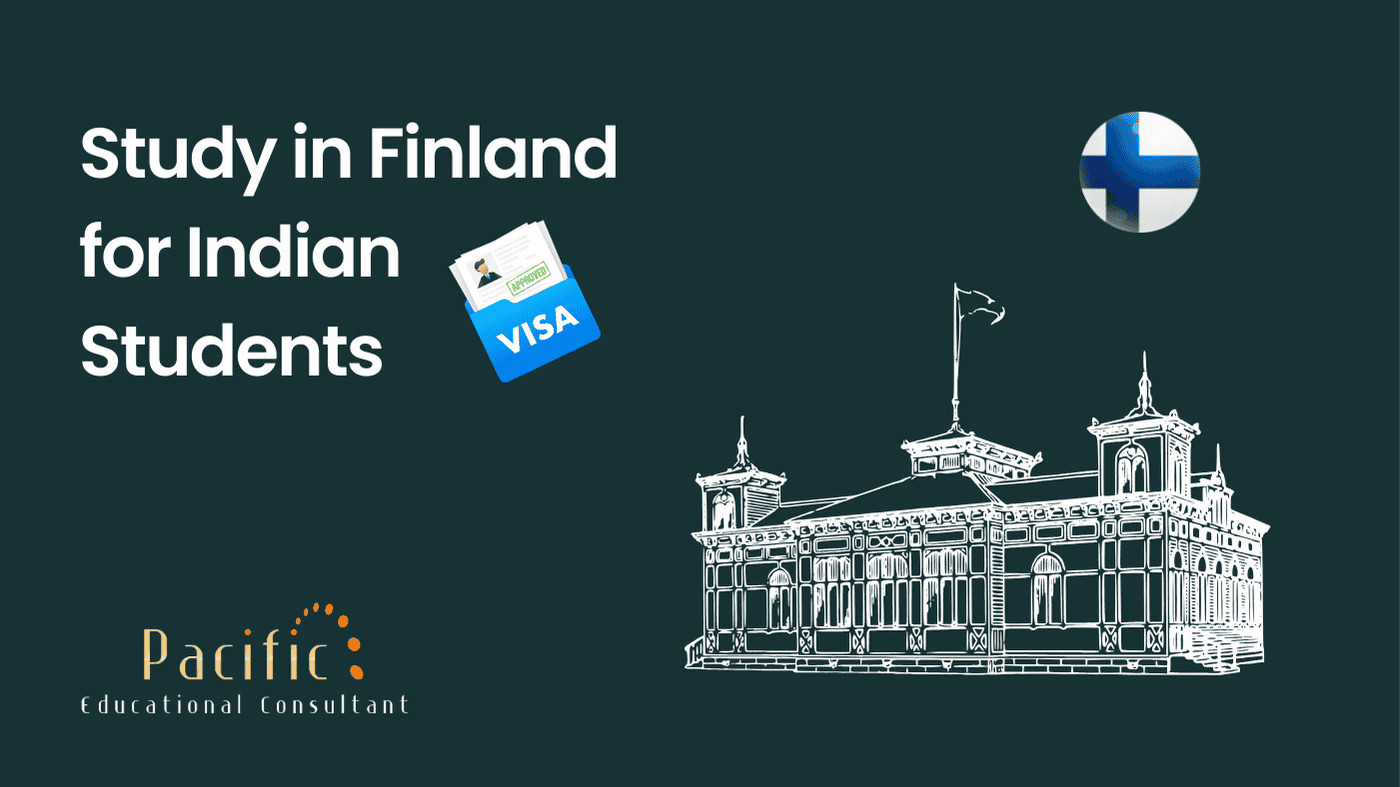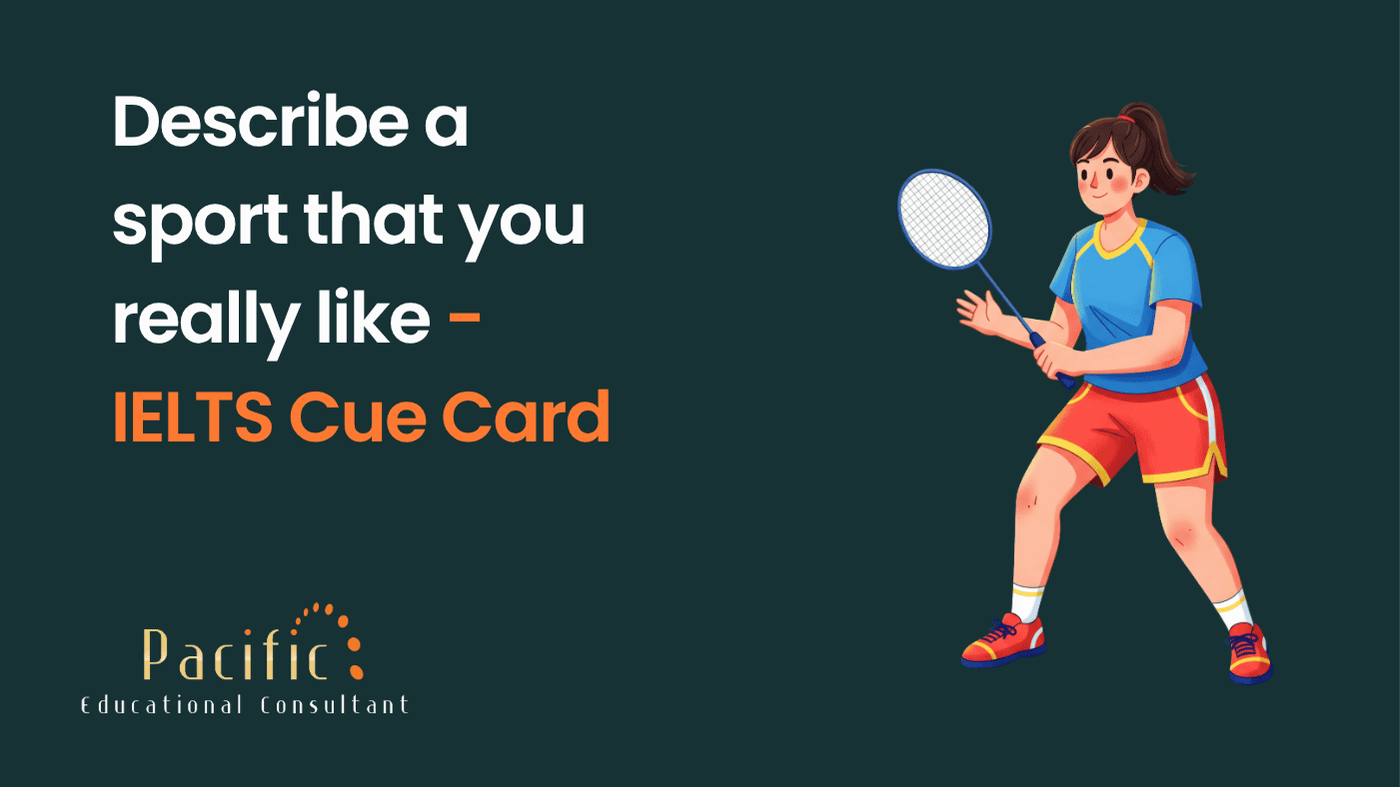


Are you dreaming of studying in Europe but don’t want to break the bank or face crowded classrooms? Look no further—Finland is fast becoming a top destination for Indian students seeking affordable, high-quality education with global recognition.
From the Finland student visa checklist to top universities and living costs, this blog covers everything you need to know to plan your journey from India to Finland with confidence.
Let’s dive into the snowy wonderland of opportunity.
Finland is more than reindeer and saunas—it's one of the world's most innovative education hubs. But what exactly makes it appealing for Indian students?
World-Class Education: Finnish universities consistently rank high globally for research and innovation.
Affordable or Free Education: Many master’s programs offer scholarships that can reduce tuition significantly or even make it free.
High Finland Student Visa Success Rate: Indian students enjoy a strong track record for visa approvals.
Work Opportunities: Students can work part-time and stay back up to 2 years post-graduation for job search.
English-Taught Programs: Nearly all Master’s and many Bachelor’s programs are offered in English.
Safety & Quality of Life: Ranked among the safest and happiest countries in the world.
Finnish people are kind, punctual, and deeply respectful of nature.
Multicultural campuses welcome students from around the globe.
When it comes to higher education, Finland knows how to impress. Here are the top 10 universities in Finland that are student favorites:
| Rank | University Name | Approximate Tuition Fees (€) |
| 1 | Aalto University | €14,000 – €25,000 |
| 2 | University of Helsinki | €13,000 – €18,000 |
| 3 | Lappeenranta-Lahti University of Technology (LUT) | €10,000 – €20,000 |
| 4 | University of Oulu | €10,000 – €18,000 |
| 5 | University of Turku | €8,000 – €12,000 |
| 6 | Tampere University | €10,000 – €15,000 |
| 7 | University of Jyväskylä | €8,000 – €12,000 |
| 8 | University of Eastern Finland | €8,000 – €12,000 |
| 9 | Åbo Akademi University | €8,000 – €12,000 |
| 10 | University of Vaasa | €8,000 – €12,000 |
Note: All these institutions accept international students and offer programs taught in English.
Indian students often choose courses that align with global demand and career growth. Here are the most popular study areas:
Engineering & Technology
Computer Science & AI
Environmental Sciences
Renewable Energy
Healthcare & Nursing
Business Administration & International Management
Education & Pedagogy
Design and Architecture
These courses are not just trending—they’re future-proof.
Finland is famous for its cutting-edge Master's programs. These are some of the top picks for Indian students:
MSc in Data Science – Aalto University
MSc in Sustainable Energy Engineering – LUT University
MSc in International Business – University of Oulu
MSc in Artificial Intelligence – University of Helsinki
Master's in Education & Globalization – University of Oulu
MSc in Information Technology – University of Turku
Most programs are 2 years long and offer internship or thesis-based final semesters.
Here are some quick highlights to consider:
Duration: Bachelor’s – 3.5 to 4 years | Master’s – 2 years
Work Rights: 30 hours per week (part-time)
Post-Study Stay Back: Up to 2 years
Tuition Fee Range: €6,000–€18,000/year
Visa Success Rate: One of the highest for Indian students
Visa Type: Residence Permit for Studies
Intakes: Mostly August/September; some programs in January
Academic transcripts (min. 60–70% in previous degree)
Valid passport
Proof of English proficiency (IELTS/TOEFL/PTE or MOI*)
Letter of motivation
CV
Letters of recommendation (varies)
Application fee: ~€100 (per university)
MOI (Medium of Instruction) letter accepted by some universities in place of IELTS
Bachelor’s: €6,000–€12,000/year
Master’s: €10,000–€18,000/year
Most universities offer:
100% tuition waiver scholarships
Early bird discounts
University-specific grants
Government-funded scholarships (e.g., EDUFI)
Yes, if:
Your previous education was in English (with MOI letter)
You appear for university-specific interviews/tests
You meet exemption criteria set by the university
Here’s a detailed look at what you’ll need:
| Requirement | Description |
| Academic Qualification | Minimum 60% in relevant field |
| Language Proficiency | IELTS 6.5+, or TOEFL 90+, or MOI |
| Passport | Valid for at least 1 year |
| Financial Proof | €7,000 in bank account (for visa) |
| Health Insurance | Mandatory (coverage of ~€300/year) |
| Motivation Letter | Why Finland and this course? |
| Application Fee | Around €100 per application |
Pro Tip: Apply to 3-5 universities to increase your chances of admission.
Cost varies by city and lifestyle. Here’s a breakdown:
Bachelor’s: €6,000–€12,000/year
Master’s: €10,000–€18,000/year
PhD: Mostly tuition-free
| City | Monthly Cost (€) |
| Helsinki | €800–€1,200 |
| Tampere | €700–€1,000 |
| Turku | €650–€950 |
| Lappeenranta | €600–€900 |
Average monthly cost for a student: €700–€1,000
Includes rent, food, transport, health insurance, and mobile/internet.
Students can work 30 hours/week during term and full-time during holidays.
Cafe or restaurant staff
Retail store assistants
Delivery riders
Internships in tech or marketing
Library or university assistant jobs
Freelancing (content writing, design)
€9–€15/hour depending on job and location
Working part-time helps cover rent or groceries, and gain Finnish work experience.
Shortlist Universities with 100% tuition scholarships
Prepare Application Documents: Transcripts, CV, LORs, SOP
Apply During Early Bird Deadlines
Apply for Scholarships in parallel
Look for Programs Accepting MOI to save IELTS cost
Track Application Status
Once admitted, proceed with Finland Student Visa
Tip: Applying early improves chances of full tuition fee waivers.
Letter of Admission
Proof of Funds: Minimum €7,000 in bank account
Passport & passport-sized photos
Health Insurance (coverage up to €40,000)
Visa application form
Visa fee: ~€350
Proof of accommodation (hostel/apartment booking)
Typically 1–1.5 months
Over 90% approval rate, especially with complete and accurate documentation.
Apply online via Enter Finland portal and book a biometrics appointment with VFS Global.
If all of this seems overwhelming, don’t worry—Pacific Educational Consultant has your back.
Decade of experience in Finland student visas
Step-by-step guidance on admission & documentation
95%+ visa success rate for Indian students
Help with MOI-based applications to avoid IELTS
Transparent process with no hidden charges
Contact Today for a Free Counseling Session!
Studying in Finland offers a blend of quality education, practical exposure, and global career opportunities—all in a safe, student-friendly environment. Whether you're an engineering enthusiast or a business brainiac, there's a place for you in Finland.
And with the high Finland student visa success rate and the chance to study without IELTS, the process is smoother than you might think.
Absolutely. It's safe, welcoming, and academically strong.
Yes, up to 2 years with a job-seeking residence permit.
Not always. Some universities accept MOI or have other exemptions.
€700 to €1,000, depending on location and lifestyle.
Apply online via Enter Finland and submit required documents through VFS.
Absolutely. It's safe, welcoming, and academically strong with globally ranked universities.
Yes, students can apply for a 2-year post-study job-seeking residence permit.
Not always. Many universities accept a Medium of Instruction (MOI) letter or conduct interviews/tests in English.
Between €700 to €1,000, depending on city and lifestyle.
Apply online via the Enter Finland portal, then submit biometrics through VFS Global.
Yes, you can apply for a dependent residence permit for your spouse. However, approvals are case-specific and may require proof of sufficient funds, accommodation, and strong documentation.
Yes, Finland offers Permanent Residency (PR) pathways after 4–5 years of legal stay. Studying, followed by work, can lead to PR if you meet income and integration requirements.

Describe a water sport you would like to try in the future - IELTS Cue Card

Describe a plan that you had to change recently - IELTS Cue Card

CBSE Class 10 & 12 Date Sheet 2026: Complete Timetable & Study Planner

Describe a sport that you really like - IELTS Cue Card

Describe a person who helps to protect the environment - IELTS Cue Card

Describe a live performance you enjoyed watching - IELTS Cue Card

Describe a place with a lot of trees that you would like to visit (e.g. a forest, oasis) - IELTS Cue Card

Describe a kind of foreign food you like and you have had - IELTS Cue Card

Bonafide Certificate: Sample, Meaning, Application Letter & Format

Describe something you bought that you really wanted to return - IELTS Cue Card